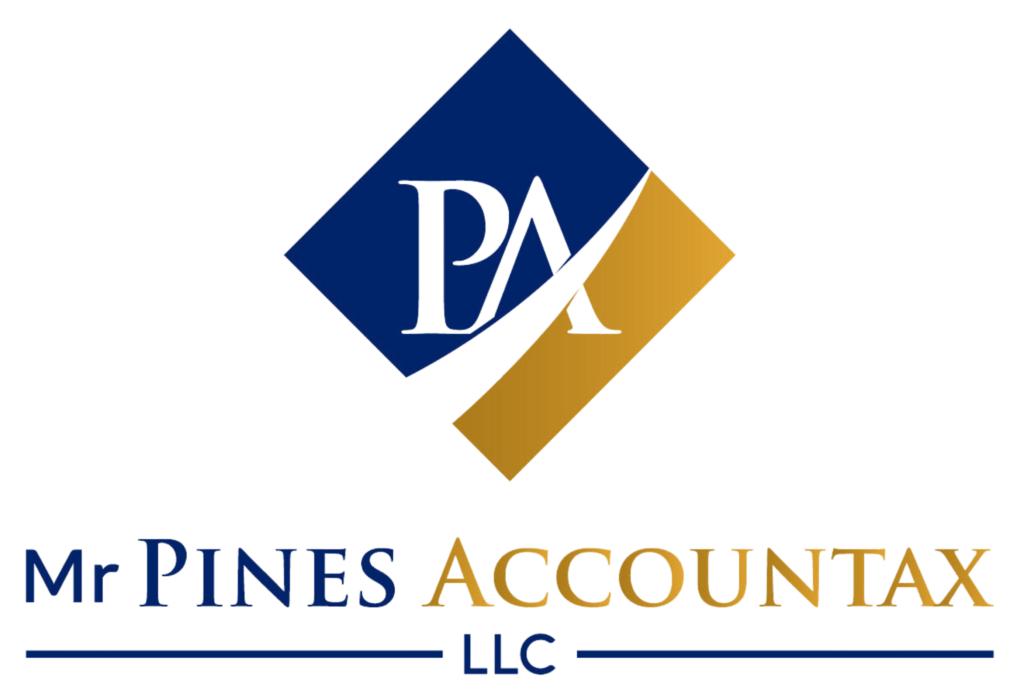When considering tax accounting, you might picture stacks of documents, complex spreadsheets, and looming deadlines. However, at its core, tax accounting is a complex discipline that calls for a combination of technical expertise, accuracy, and interpersonal finesse.
However, if you’re wondering, “What are some useful skills for tax accounting?” you’re not alone. Tax accounting isn’t just about crunching numbers; it’s about understanding complex regulations, making sound financial decisions, and building client trust.
By honing the correct set of skills, you can position yourself for long-term success. Let’s explore the ten must-have skills to help you excel as a tax accountant.
The Role of Skills in Tax Accounting Success
Tax accountants are the architects of compliance and the strategists behind financial clarity. Their work touches every corner of a client’s economic life, from ensuring adherence to the latest tax laws to uncovering opportunities for savings. Even seasoned professionals can struggle to maintain the accuracy and efficiency their clients expect without the correct skill set.
Consider the industries Mr. Pines AccounTax serves—healthcare practices, construction firms, nonprofits, and restaurants. Each brings unique challenges, from fluctuating cash flows to industry-specific deductions.
However, the right skills help navigate these complexities and strengthen client relationships. Clients aren’t just looking for number crunchers; they need trusted advisors who can explain their tax situation clearly, offer proactive guidance, and handle intricate filings carefully. This combination of expertise and approachability is what sets the best accountants apart.

10 Must-Have Skills for Tax Accountants
1. Analytical Thinking
Tax codes and regulations are often like puzzles waiting to be solved. Analytical thinking lets you organize information, identify patterns, and develop practical solutions. This skill is critical when assessing financial data, interpreting changes in tax law, or uncovering hidden savings for clients.
How to develop it: Practice working through case studies, stay updated on tax regulations, and learn to approach problems methodically.
2. Attention to Detail
Minor errors can lead to big problems. Precision is the difference between a flawless filing and a costly mistake. By honing your attention to detail, you ensure that every number, form, and deduction is accurate.
How to develop it: Double-check all work, build routines for reviewing documentation, and use checklists to stay on track.
3. Technical Proficiency
Today’s tax accountants rely on technology more than ever. From specialized tax preparation software to complex financial databases, technical proficiency is no longer optional. Familiarity with the right tools enhances productivity, reduces errors, and streamlines client interactions.
How to develop it: Take courses on popular accounting platforms, explore advanced spreadsheet functions, and stay open to new technology.
4. Communication Skills
Understanding tax law is one thing—explaining it clearly to a client is another. Strong communication skills help you bridge the gap between technical jargon and real-world application. They also foster trust, making clients feel informed and supported.
How to develop it: Practice presenting tax concepts to non-accountants and refine your written communication through clear, concise email exchanges.
The Internal Revenue Service (IRS) releases over 1,500 changes to tax codes each year on average, highlighting the necessity of staying updated on regulations. (U.S. Government Accountability Office (GAO) Report)
5. Regulatory Knowledge
Tax laws are ever-changing. Staying informed about federal, state, and international regulations is essential for accuracy and compliance. This knowledge ensures you’re prepared to guide clients through complex scenarios.
How to develop it: Follow industry news, attend webinars, and keep reference guides handy.
6. Organizational Skills
Handling multiple clients, forms, and deadlines demands exceptional organization. Being organized allows you to maintain efficiency, reduce stress, and provide clients with timely service.
How to develop it: Use project management tools, maintain a transparent filing system, and set consistent deadlines for each tax process step.
7. Ethical Standards and Integrity
As we know, The foundation of any client relationship is trust. Upholding the highest ethical standards demonstrates that you prioritize compliance, transparency, and fairness. This safeguards your reputation and reassures clients that they’re in good hands.
How to develop it: Commit to continual education on ethical practices and always disclose conflicts of interest.
8. Time Management
Peak tax season waits for no one. The ability to efficiently balance competing priorities and meet tight deadlines is critical. With strong time management, you can handle more clients without sacrificing quality.
How to develop it: Prioritize tasks, delegate where possible, and maintain a well-planned schedule.
9. Financial Reorganization Strategies
Tax accountants do more than file returns—they help clients optimize their finances. Understanding how to restructure financial elements can uncover deductions, reduce liabilities, and improve overall economic health.
How to develop it: Study common reorganization scenarios and consult with mentors with financial strategy experience.
10. Industry-Specific Knowledge
Each industry has unique tax considerations. Familiarity with sector-specific deductions, compliance requirements, and financial practices adds tremendous value. It also positions you as a trusted advisor in a niche market.
How to develop it: Dive into case studies from industries you serve, attend sector-specific seminars, and stay informed about industry trends.
How to Build and Enhance These Skills
Improving your skills isn’t a one-time effort; it’s a lifelong process. Consider continuing education courses, pursuing certifications, and staying current with industry changes.
While, attending conferences and professional associations exposes one to the most recent best practices and offers beneficial networking possibilities.
Moreover, working alongside experienced teams—like those at Mr. Pines AccounTax—offers real-world insights and mentorship, helping you refine your abilities over time.
Conclusion
In summary, understanding what are some useful skills for tax accounting can significantly enhance your professional success. These ten must-have competencies are the foundation of a successful, fulfilling career.
You can prepare tax returns, provide valuable guidance, and build long-term client relationships by developing analytical thinking, regulatory expertise, and industry-specific knowledge.
If you need further guidance or support with your tax-related needs, don’t hesitate to contact the team at Mr. Pines AccounTax today.
GET IN TOUCH
Schedule a Visit
FAQs
What are some useful skills for tax accounting?
Tax accounting requires analytical thinking, attention to detail, regulatory knowledge, and strong communication skills.
Why is attention to detail crucial in tax accounting?
Precision helps avoid costly errors, ensure compliance, and build client trust by delivering accurate and transparent financial reporting.
How can tax accountants improve their technical proficiency?
By regularly using accounting software, taking online courses, and staying updated on the latest industry tools and technologies.
What role does industry-specific knowledge play in tax accounting?
It allows accountants to provide tailored advice, identify unique deductions, and effectively navigate industry-specific regulations.
How does firm communication benefit tax accountants?
Clear communication helps explain complex tax issues, build client relationships, and ensure everyone involved understands the financial strategies being implemented.
- Tax Services in Pembroke Pines: Write-Offs You Shouldn’t Miss for the 2025 Tax Season
- Maximizing Autism-Related Tax Benefits and Deductions in Pembroke Pines, FL
- How to Choose a Trustworthy Tax Preparer and Avoid Scams
- How Preventative Health Initiative Tax Credit Cuts Your Taxes
- Small Business Accountants: The Secret to Long-Term Financial Stability
